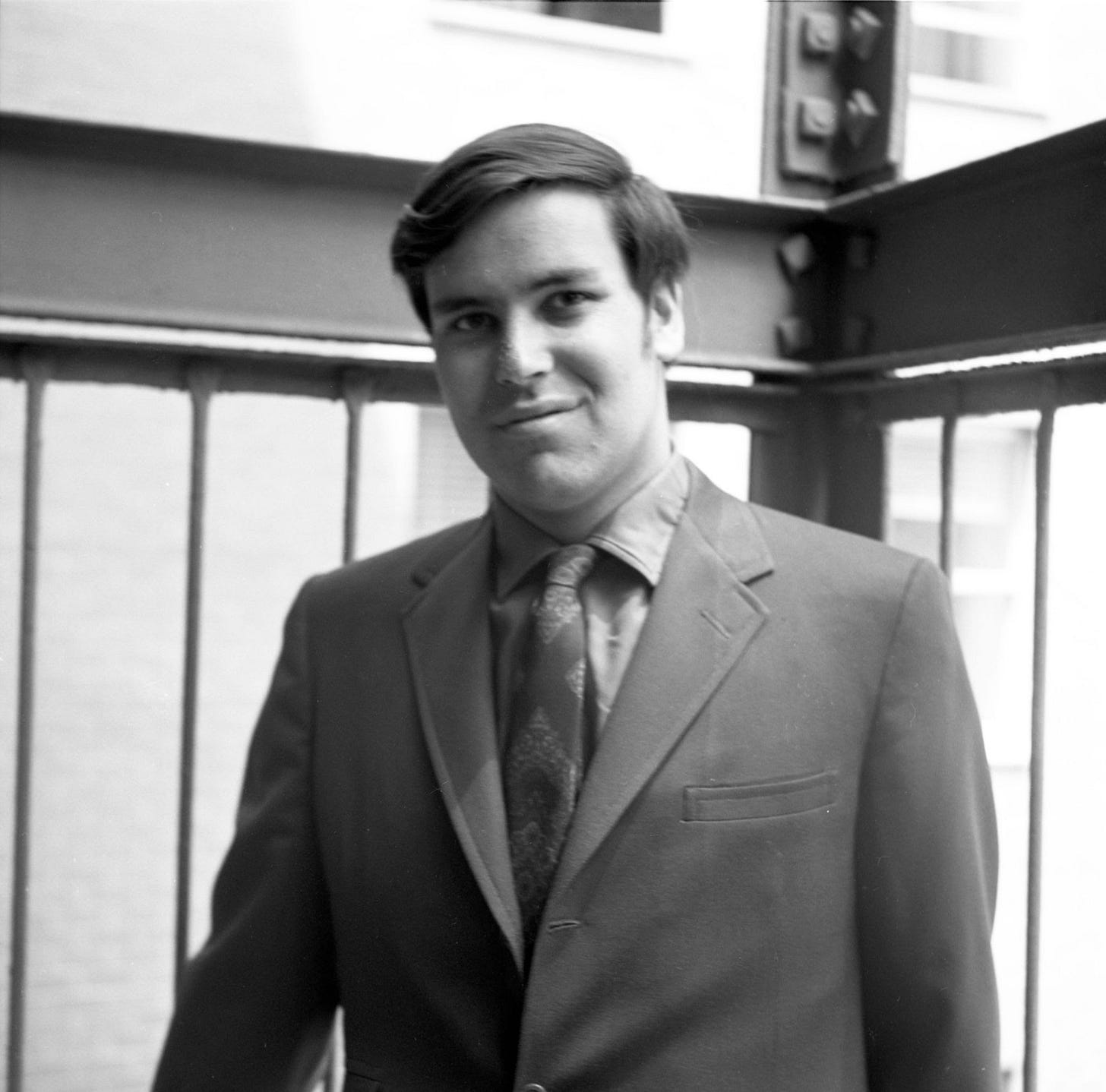John Roberts
John Roberts, born in 1945, played a pivotal role as one of the co-founders of the Woodstock Music & Art Fair.
John Roberts, born in 1945, played a pivotal role as one of the co-founders of the Woodstock Music & Art Fair, famously known simply as Woodstock, a landmark event in the history of American music and culture. However, it's important to clarify that while Roberts was instrumental in financing and organizing the festival, Woodstock was the brainchild of four individuals: Roberts, Joel Rosenman, Artie Kornfeld, and Michael Lang.
John Roberts hailed from a well-to-do family, with his fortune being inherited from a drugstore and toothpaste manufacturing. This financial backing became crucial in the genesis of Woodstock. The initial vision for the festival was not merely a music event but a studio complex in Woodstock, New York, which was already a hub for artists and musicians like Bob Dylan. Roberts, along with his friend and business partner Joel Rosenman, were seeking investment opportunities and were intrigued by the idea proposed by Michael Lang and Artie Kornfeld for a music festival that would fund their studio complex project.
Despite their original plan, the event evolved significantly. Held in August 1969, the festival did not take place in Woodstock, NY, as initially intended, but in Bethel, NY, on Max Yasgur's dairy farm. This change of venue was one of many hurdles the organizers had to overcome, including logistical challenges, legal battles, and the daunting task of managing the crowd, which swelled to over 400,000 attendees, far exceeding their expectations.
Roberts and his partners faced numerous challenges in the lead-up to the festival, including financial issues. The project was a massive financial risk, and Roberts' investment played a critical role in ensuring the festival could proceed. Despite the financial losses incurred from the free concert aspect—since the overwhelming influx of people made ticket collection impossible—the event was a monumental success in cultural terms.
Woodstock became a symbol of the 1960s counterculture movement, promoting peace, love, and music. It left an indelible mark on the American cultural landscape and is remembered as a pivotal moment in music history, featuring performances by some of the most iconic artists of the era, including Jimi Hendrix, Janis Joplin, The Who, and many others.
After Woodstock, John Roberts continued to be involved in various business ventures but none as publicly significant as Woodstock. He and his co-founders left a legacy that not only defined a generation but also reshaped the music industry and festival culture.
Roberts' contribution to Woodstock was indispensable, providing the financial resources and business acumen needed to realize the vision of a festival that championed the values of peace, music, and communal harmony. His legacy, along with that of Rosenman, Kornfeld, and Lang, is cemented in the history of American music and culture as the men who brought Woodstock to life, influencing countless music festivals and cultural events that followed.
